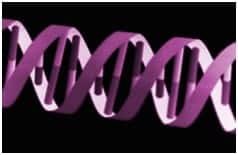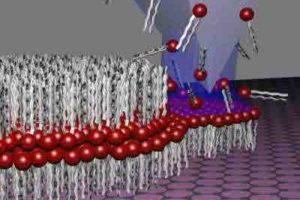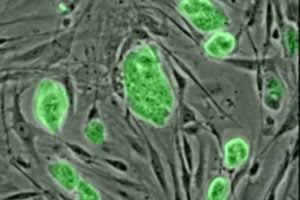cell
Human stem cells transformed into key neurons lost in Alzheimer’s
CHICAGO — Northwestern Medicine researchers for the first time have transformed a human embryonic stem cell into a critical type of neuron that dies early in Alzheimer’s disease and is a major cause of memory loss.
This new ability to reprogram …
Scientists identify susceptibility factor for bipolar disorder
A new study provides fascinating insight into the genetic basis of bipolar disorder, a highly heritable mood disorder characterized by recurrent episodes of mania and depression. The research, published by Cell Press online February 24 in the Americ…
Penn researchers find new role for cancer protein p53
PHILADELPHIA – The gene for the protein p53 is the most frequently mutated in human cancer. It encodes a tumor suppressor, and traditionally researchers have assumed that it acts primarily as a regulator of how genes are made into proteins. No…
How long do stem cells live?
LA JOLLA, Calif., March 1, 2011 — When patients receive a bone marrow transplant, they are getting a new population of hematopoietic stem cells. Fresh stem cells are needed when a patient is low on red blood cells, as in anemia, or white blood cel…
TCD scientists discover that self-eating cells safeguard against cancer
Scientists at Trinity College Dublin have made an important discovery concerning how fledgling cancer cells self-destruct, which has the potential of impacting on future cancer therapies. The Trinity research group, led by Smurfit Professor of Medi…
HIV makes protein that may help virus’s resurgence
New research enhances the current knowledge of how human immunodeficiency virus type-1 (HIV-1), which causes AIDS, controls the cell cycle of cells that it infects. The new findings may shed light on how the virus reactivates after entering a dorman…
New finding in ribosome signaling may lead to improved antibiotics
Researchers at the University of Illinois at Chicago have discovered a signaling mechanism in the bacterial ribosome that detects proteins that activate genes for antibiotic resistance.
“The ribosome is one of the most complex molecular machines i…
Human umbilical cord blood cells aid diabetic wound healing
Tampa, Fla. (Feb. 22, 2011) — Transplanting human umbilical cord blood-derived endothelial progenitor cells (EPCs) has been found to “significantly accelerate” wound closure in diabetic mouse models, said a team of Korean researchers publishing …




